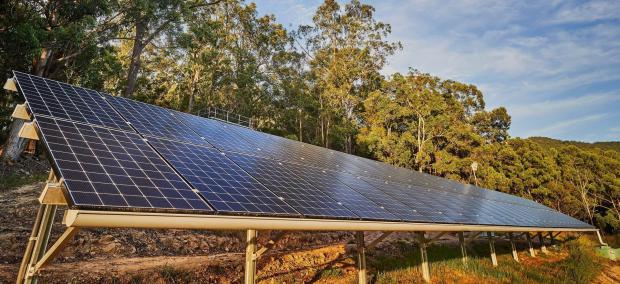
Breaking News
 Free Ian Freeman: Defend Financial Privacy and Justice - Sign the petition
Free Ian Freeman: Defend Financial Privacy and Justice - Sign the petition
 Charlie Robinson with Tim James, Marjory Wildcraft & Patrick Henningsen:
Charlie Robinson with Tim James, Marjory Wildcraft & Patrick Henningsen:
 It's Time To Reopen The Franklin Child Prostitution Case After Epstein Revelations
It's Time To Reopen The Franklin Child Prostitution Case After Epstein Revelations
Top Tech News
 New Spray-on Powder Instantly Seals Life-Threatening Wounds in Battle or During Disasters
New Spray-on Powder Instantly Seals Life-Threatening Wounds in Battle or During Disasters
 AI-enhanced stethoscope excels at listening to our hearts
AI-enhanced stethoscope excels at listening to our hearts
 Flame-treated sunscreen keeps the zinc but cuts the smeary white look
Flame-treated sunscreen keeps the zinc but cuts the smeary white look
 Display hub adds three more screens powered through single USB port
Display hub adds three more screens powered through single USB port
 We Finally Know How Fast The Tesla Semi Will Charge: Very, Very Fast
We Finally Know How Fast The Tesla Semi Will Charge: Very, Very Fast
 Drone-launching underwater drone hitches a ride on ship and sub hulls
Drone-launching underwater drone hitches a ride on ship and sub hulls
 Humanoid Robots Get "Brains" As Dual-Use Fears Mount
Humanoid Robots Get "Brains" As Dual-Use Fears Mount
 SpaceX Authorized to Increase High Speed Internet Download Speeds 5X Through 2026
SpaceX Authorized to Increase High Speed Internet Download Speeds 5X Through 2026
 Space AI is the Key to the Technological Singularity
Space AI is the Key to the Technological Singularity
 Velocitor X-1 eVTOL could be beating the traffic in just a year
Velocitor X-1 eVTOL could be beating the traffic in just a year
Can Solar Alone Get You Off The Grid?

The answer to this question is "yes," but keep reading if you want more details.
Using solar to go off grid is a fantastic way to go. You'll need to keep the following in mind throughout the process:
1. Cloudy days are fine. Let's first dispel the myth that you need every day to be sunny to go solar. Solar panels do, in fact, work in foggy or overcast days with ambient light and will produce significant power in those times as well. As a matter of fact, solar panels can work just as well in cool weather as in hot weather.
As an example: Solar panels in Sacramento, California, only produce one percent more electricity than do the exact same panels in San Francisco, California. Sacramento is known for its hot sunny days while San Francisco is known for its foggy, overcast, cooler climate.
2. Monitor your electricity usage. The average American home uses 911 KWHs of electricity each month. Some states are higher and some lower. But, 911 is the average. Louisiana is the highest with 1,291 KWHs and Hawaii the lowest with 506 KWHs of electrical energy usage average per household.
We all use more electricity than we need, so consider cutting back. But there are solar system calculators that you can use to ensure you're getting enough power. Having a little more than you need is far better than not having enough.
3. Off the grid or grid-tied? Many don't fully understand how grid-connect systems work. With a grid-connect system, you don't have power storage batteries. You generate power, use what you need and deliver the rest to the grid.

 The Question Not Being Asked
The Question Not Being Asked

